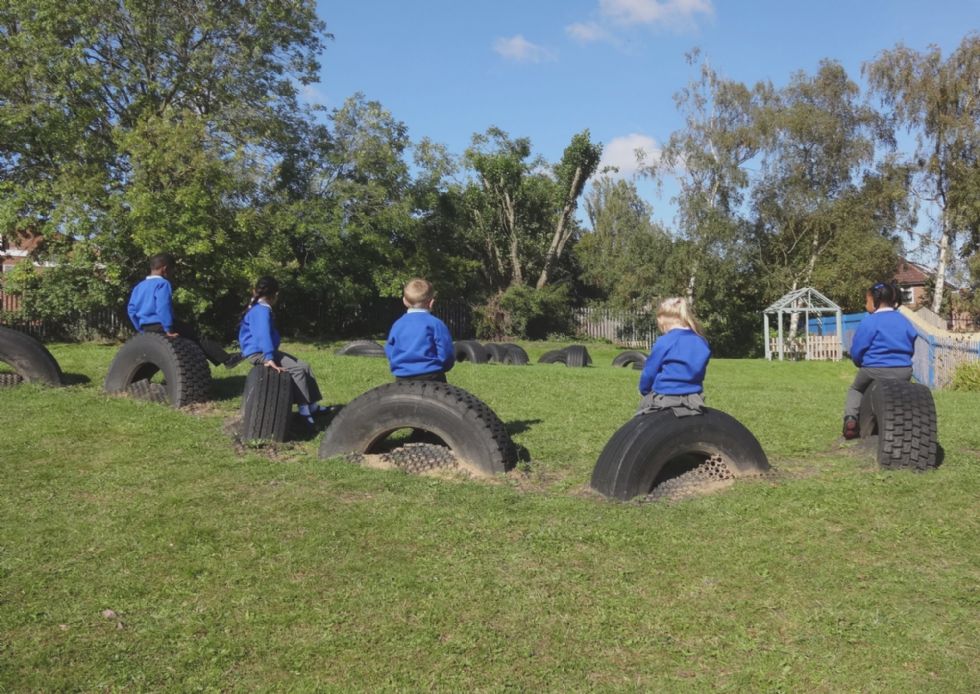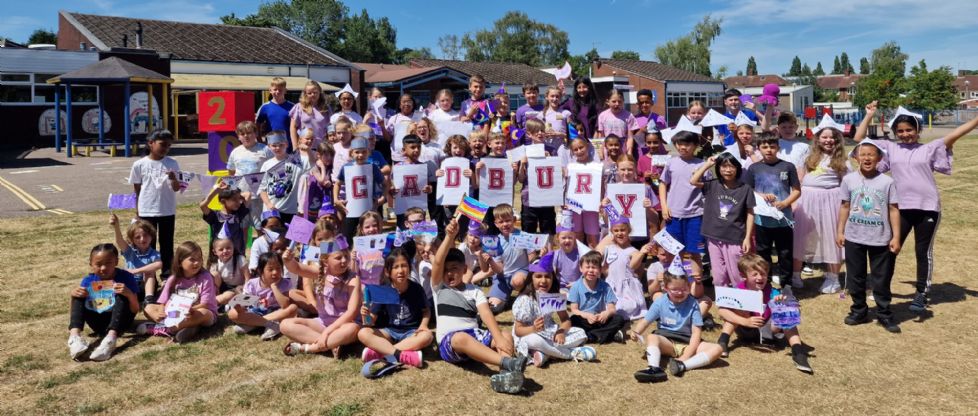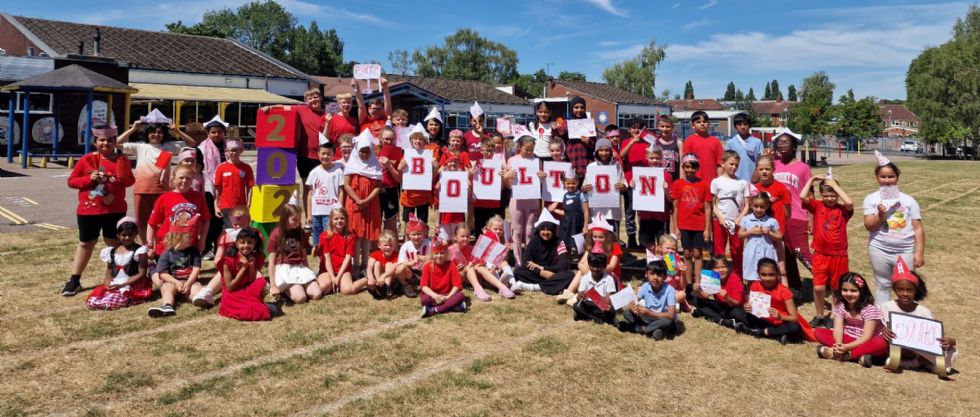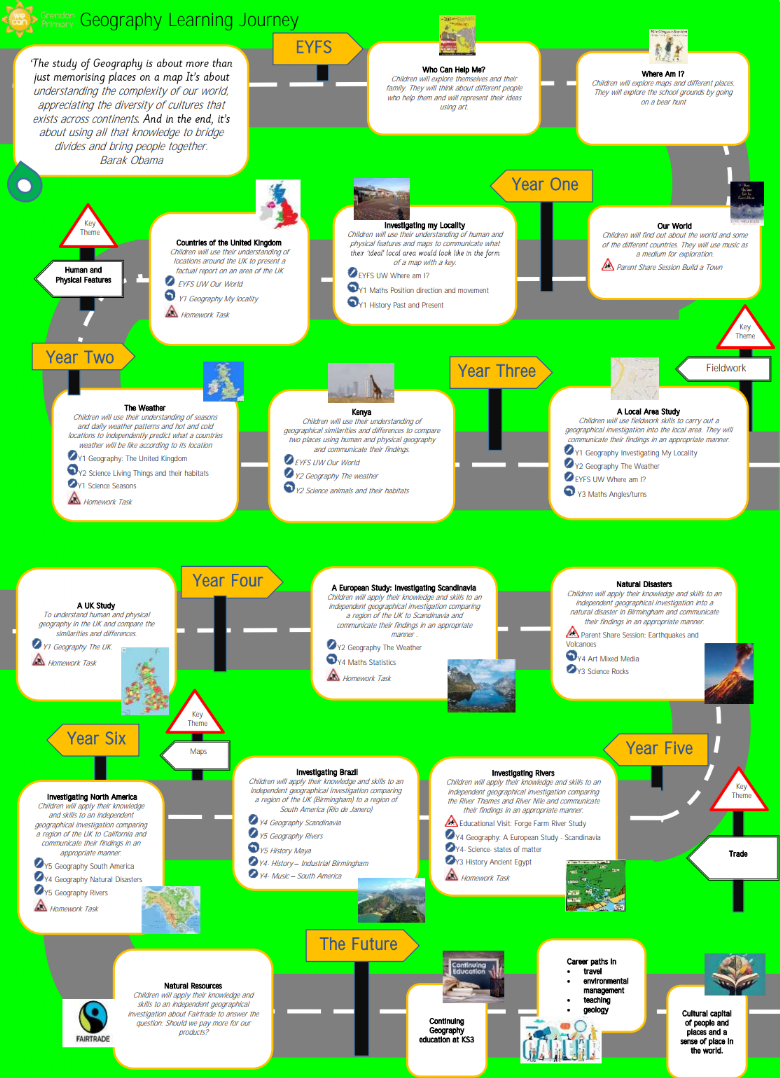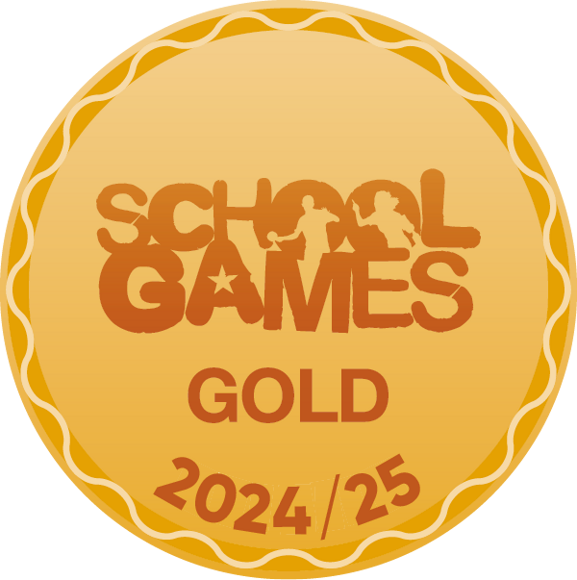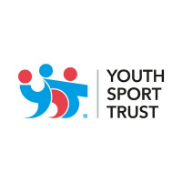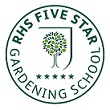Geography
“The study of Geography is about more than just memorising places on a map. It’s about understanding the complexity of our world, appreciating the diversity of cultures that exists across continents. And in the end, it’s about using all that knowledge to help bridge divides and bring people together.”
Barack Obama
A high-quality geography education should inspire in pupils a curiosity and fascination about the world and its people that will remain with them for the rest of their lives. Teaching should equip pupils with knowledge about diverse places, people, resources and natural and human environments, together with a deep understanding of the Earth’s key physical and human processes. As pupils progress, their growing knowledge about the world should help them to deepen their understanding of the interaction between physical and human processes, and of the formation and use of landscapes and environments. Geographical knowledge, understanding and skills provide the frameworks and approaches that explain how the Earth’s features at different scales are shaped, interconnected and change over time. (NC2014)
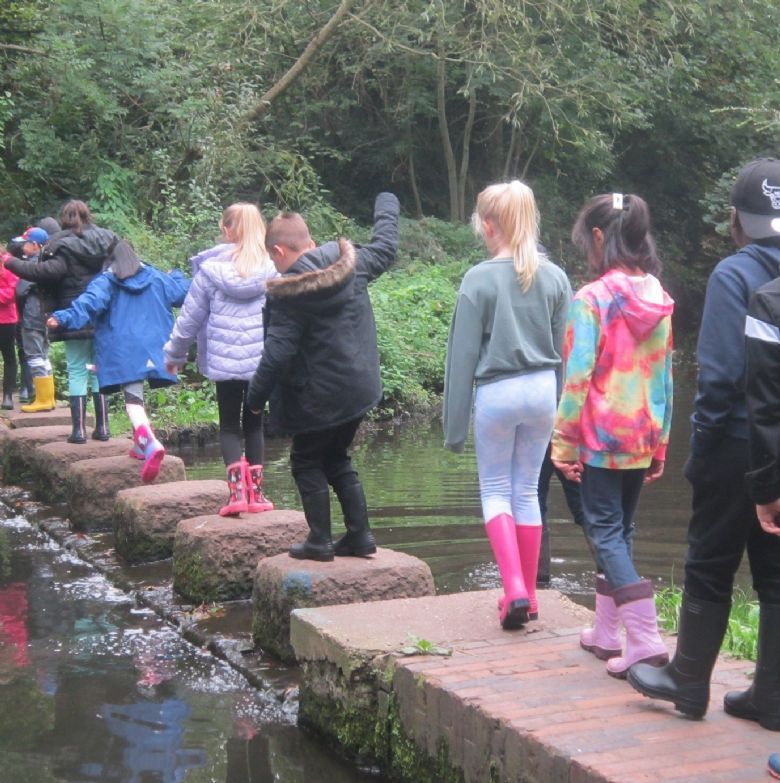
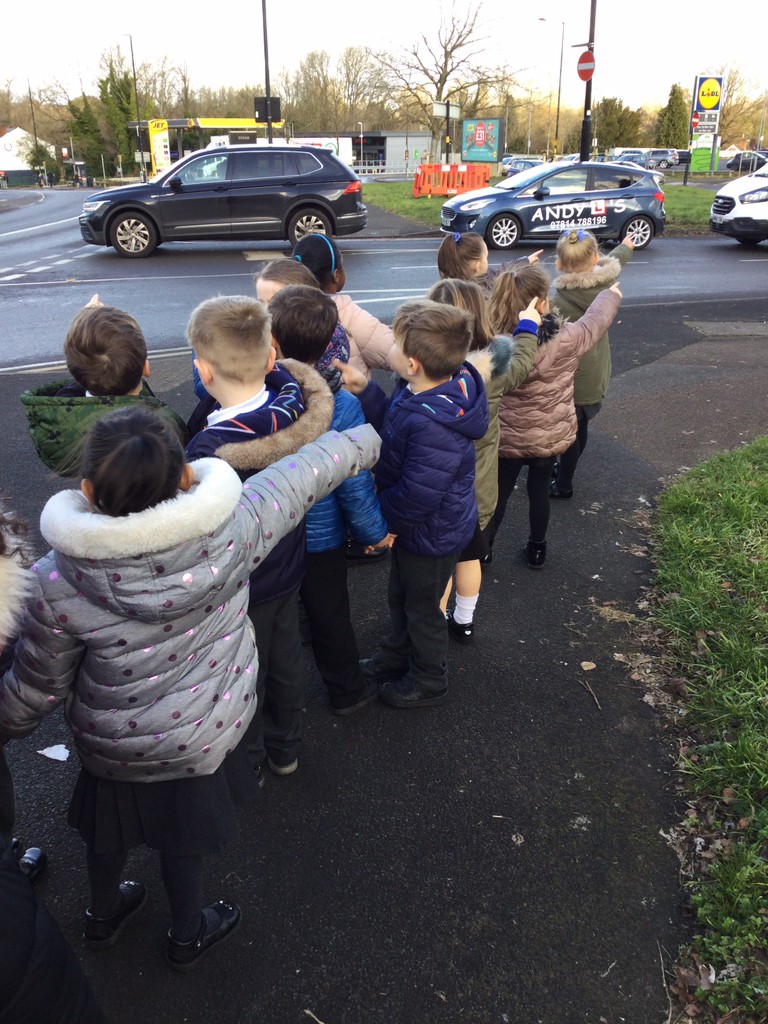
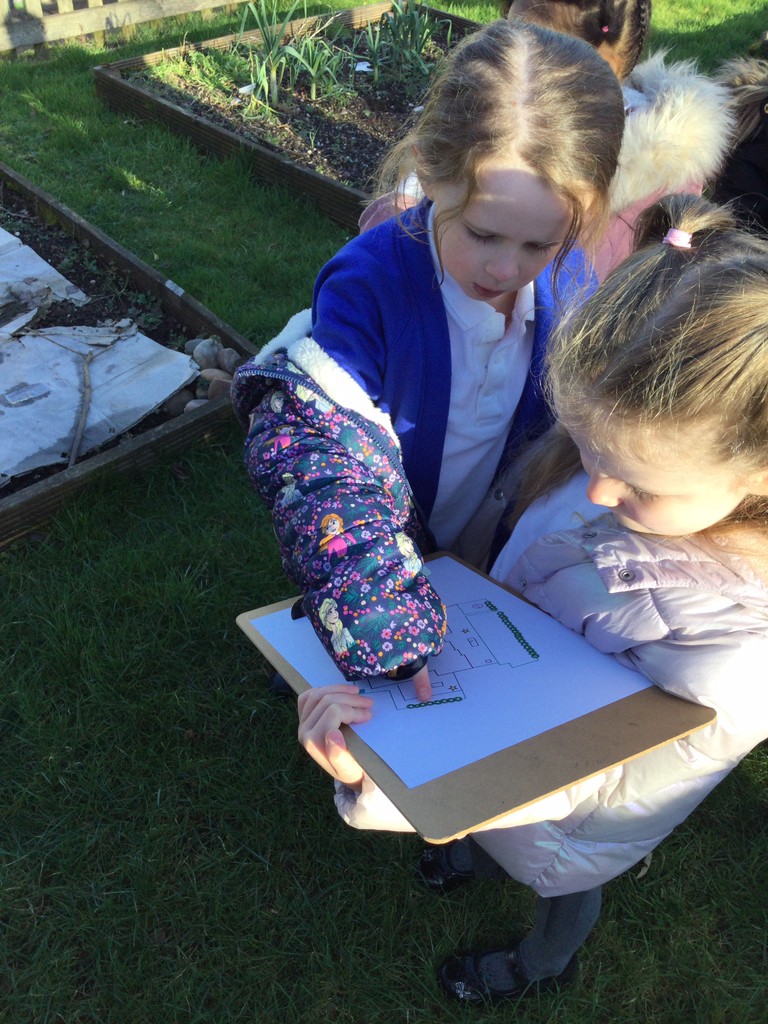
WE CAN provide teaching that develops knowledge and skills so children can learn and progress effectively
It is our intent to provide a high quality geographical education to pupils which matches the requirements of the EYFS and the National Curriculum.
Geography begins in the early years where it is delivered through the understanding the world strand of the curriculum. Children in EYFS learn about where they live in the world by using maps, looking at pictures and exploring their local area. They begin their geographical learning here and build on this throughout their time at Grendon.
In KS1 and KS2, Geography is taught in two blocked units each year. Content from the National Curriculum has been divided between the year bands to ensure a progressive curriculum. All strands of learning are taught.
We intend for children to learn about the places closest to them first before expanding this to find out about places which are farther away.
Links between subjects strengthen and support pupils’ knowledge and understanding. Cross curricular reading, writing and maths is embedded across the curriculum.
Vertical links embed learning in the same subject across year groups for example in KS1 children will revisit their Y1 learning about the UK when exploring the weather in Y2.
Horizontal links, link learning in the same year group but within different subjects. For example when children in Y5 learn about the Mayans in History this links to their learning to investigating about Brazil in geography. In Y4 children learn about natural disasters in Geography and this is revisited when they complete mixed media art work inspired by natural disasters.
Diagonal links link learning in a different year group with another curriculum area for example in Y4 children learn about the water cycle in Science and then this is linked to Y5 geography where children will learn about rivers.
It is our intent that geography includes memorable teaching moments.
In Year 5, an educational visit to Forge Farm in Sandwell Valley enables children to complete a river study.
In Year 4 children take part in a Parent Share Session all about earthquakes and volcanoes. In Year 1 and Year 3, children use their fieldwork skills to explore their local area visiting the canal and the Maypole.
WE CAN offer enriching activities, event and experiences
We offer an outdoor learning club to encourage children to understand, appreciate and enjoy the world around them. Residential visits enable children to explore different parts of the UK and to take part in outdoor activities.
WE CAN work together to remove barriers and ensure equality
It is our intent that the most able learners are encouraged to explain geography on a deeper level. Scaffolding, support and appropriate differentiation is embedded into each lesson including for children with SEND if required. Children who speak English as an additional language may receive pre-tutoring to embed the necessary language for lessons before they take place. Pupil premium are supported in their geography lessons by targeted questions and support in class by TA and class teacher.
WE CAN build independent and resilient learners who are able to communicate confidently
It is our intent that geography units are structured towards a final outcome where children are encouraged to apply what they have learnt independently.
When developing new skills, children are supported to persevere, build resilience and maintain a growth mindset.
Geography lessons present children with many opportunities to develop communication skills e.g. through teamwork or the application of geographical knowledge or language.
WE CAN listen to and treat each other and all members of the community with respect, tolerance and concern
It is our intent that through our geography teaching that children are reminded that although the people, places and customs they learn about in geography may be different to what is familiar to them, they must be respectful of and tolerant to these. Learning in geography supports children’s understanding of their own place as a global citizen and the positive contribution that an individual can make.
WE CAN recognise ability, maximise potential and prepare children well for their future and life in modern Britain
It is our intent that through our geography teaching and learning children are enabled to understand the world in which they live and their role as global citizens.
Our curriculum embeds the knowledge and skills that children will need as a foundation for further geographical study at secondary school.
It is our intent children may be inspired through their geography lessons to pursue a future career in travel, environmental management, teaching or perhaps geology.
Online Learning
Find out about the world with this fascinating website
National Geographic Kids
Travel the world through they eyes of child!
Kids World Travel Guide
Learn lots of geography skills with this helpful site
BBC Geography
Lots of fun games based on different parts of the world
Geography Games

